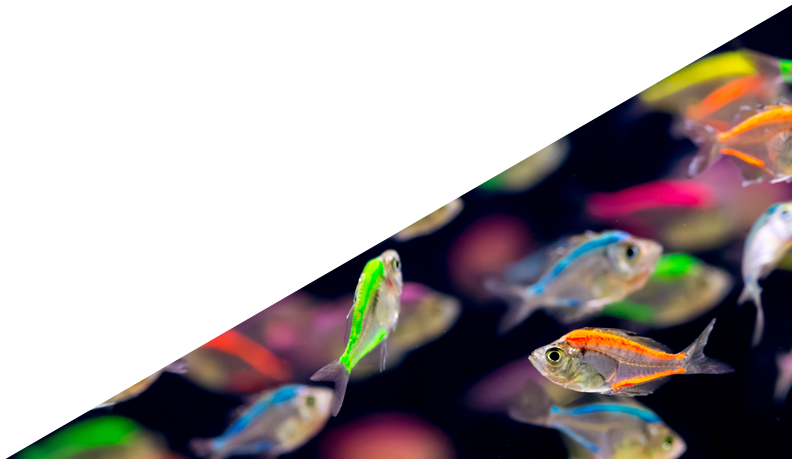Edit Filters
553 Results
September 20, 2018
Join us as HSD Professionals Sara and Dominic Swords, Bernadette Christiansen, and Mark Jefferey share their HSD stories about how they use HSD principles, models, and methods to change their worlds every day.
We always say that HSD is about good questions—the answers are up to you! Of course, that is because every complex system is unique, so the patterns of success will depend on local, immediate circumstances, more than the certainty of some evidence-based answer.
September 6, 2018
You play in many networks of friends, colleagues, neighbors, community members, and political allies. People join forces to face shared challenges or to enjoy shared interests. You know coalitions are necessary, and you know they are hard to create and sustain. How can you build adaptive coalitions?
HSD helps you create momentum for change across each network you touch.
Build Adaptive Capacity
In July, I wrote a blog post about the need to tell the “bigger story” by using narratives that explore the dynamics of interactions between and among humans. In HSD we teach people to see, understand, and influence those dynamics. We constantly seek to use engaging and accessible narrative to share stories that help people leverage the complexity around them to find their next wise action. I believe that if narrative includes an exploration of the complexity in our interactions, it can also help us, individually and as a group, share our stories in more relevant and compelling ways. I also am caught up in the question of whether it can also help us to reach across the differences that divide us to create greater understanding and empathy.
When is a change a real change? When it is a paradigm shift!
The term "paradigm shift" gets tossed around. Its meaning has become more and more hazy since 1962, when Thomas Kuhn first applied the term to The Structure of Scientific Revolutions (University of Chicago Press, 2012).
In this short video, Glenda Eoyang explores four signs of a true paradigm shift. She looks for those signs in human systems dynamics and other complexity-informed disciplines in social sciences. In the process, she explains why teaching complexity is often much more difficult than understanding it.
Build Adaptive Capacity
Learner, teaches teacher. “Teach and learn in every interaction.”
Recently I finished up with two executive coaching clients that I’ve had for a year. Their organization was shifting their culture, and they needed their leaders to do the same. We started off with a good plan, and the coaching went pretty well. Both made great strides and see where they still have to grow. They are grounded in their values, identified and lived into who they want to be and hopefully shifted the culture by their example.
August 2, 2018
Learning today is not about knowing all the answers. It’s about being an expert learner and inviting others to be expert learners, too. Parents help children navigate their world. Managers and executives supervise workers. Community leaders invite neighbors to work together. Experienced workers help new employees learn the ropes. How do you learn those skills? How do you help others learn?
HSD offers ways to build your capacity to become a master learner and a generative doer.
Join a global network of learning about HSD!
As a member of the network, you will receive weekly notices of events, opportunities, and links to blogs and other learning opportunities. Additionally, you will have the option to unsubscribe at any point, should you decide to do so.


